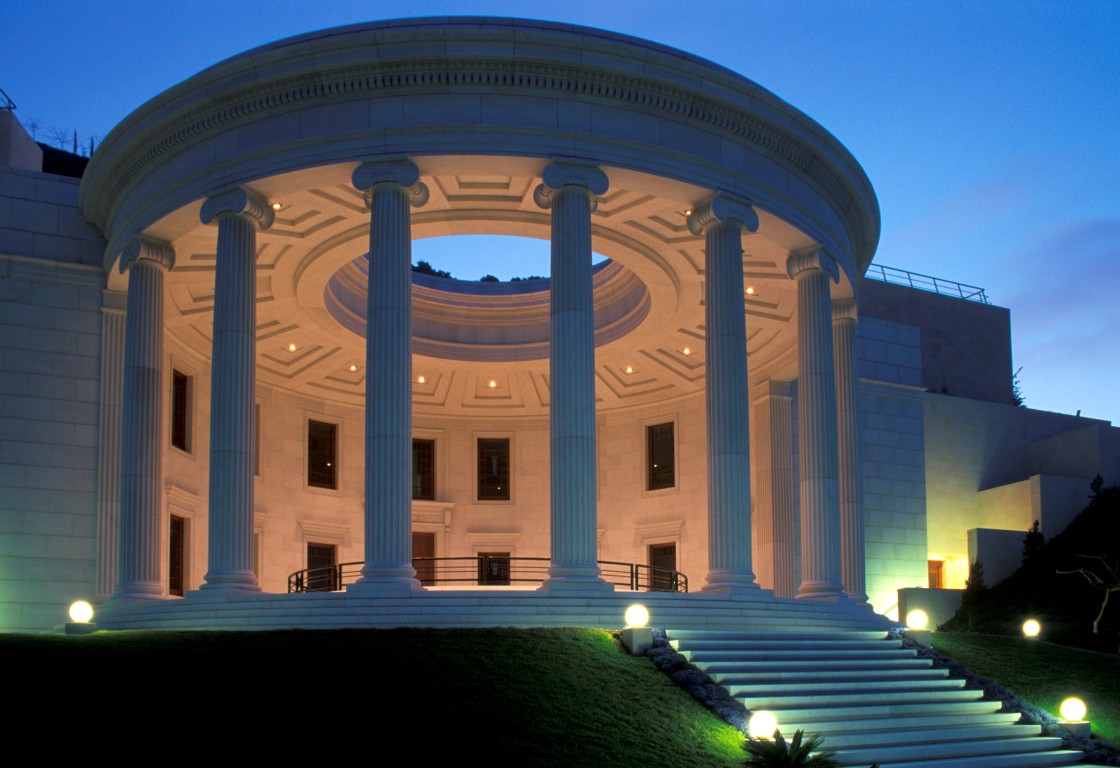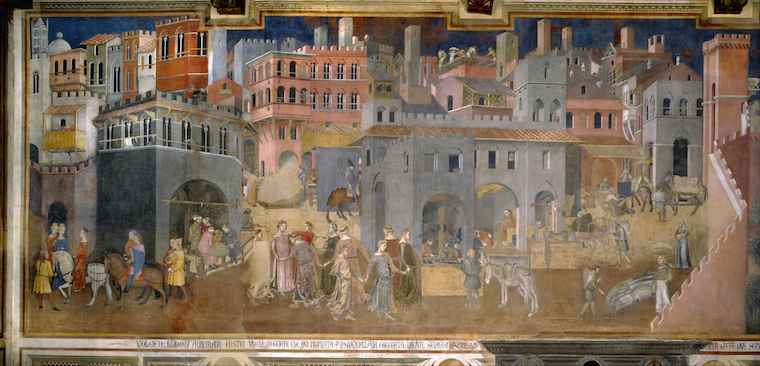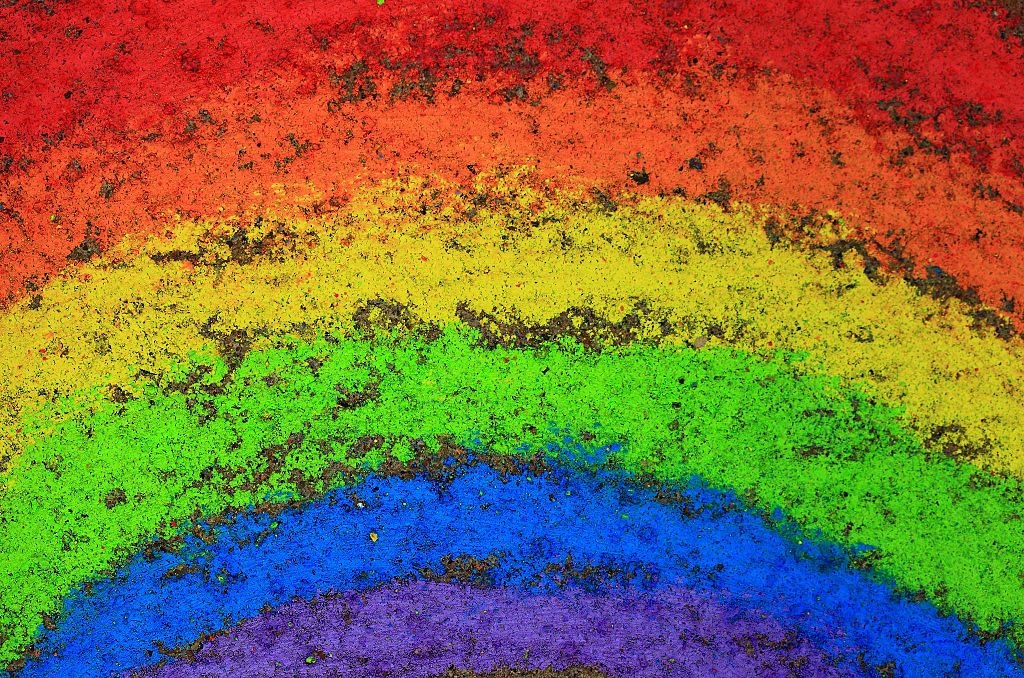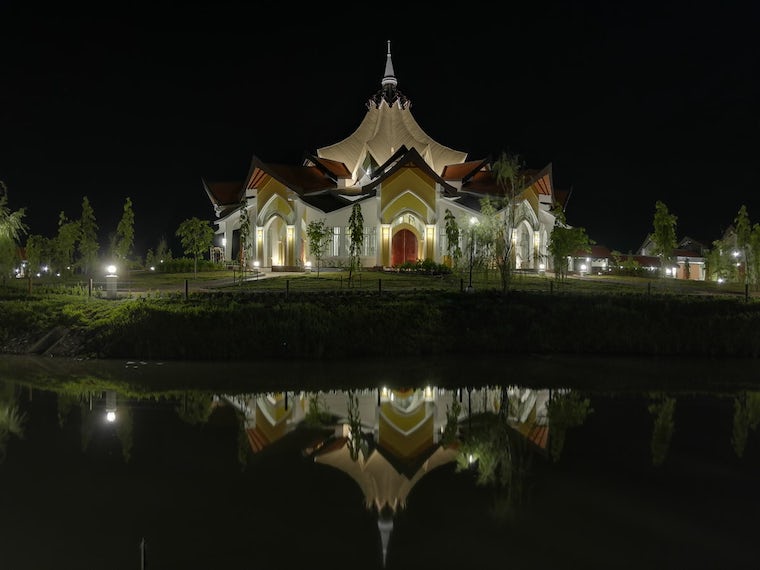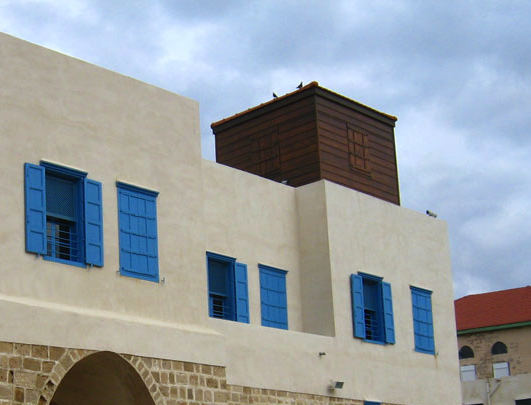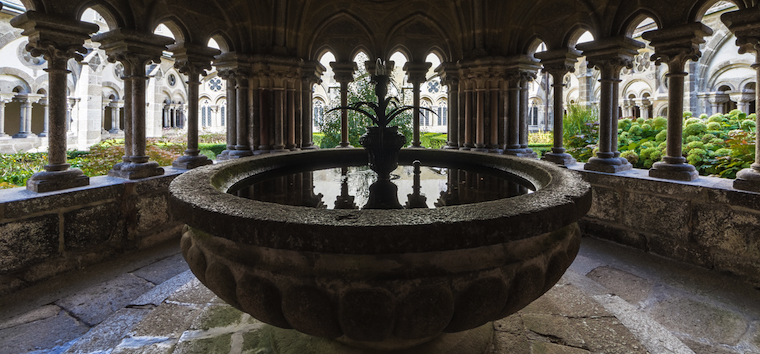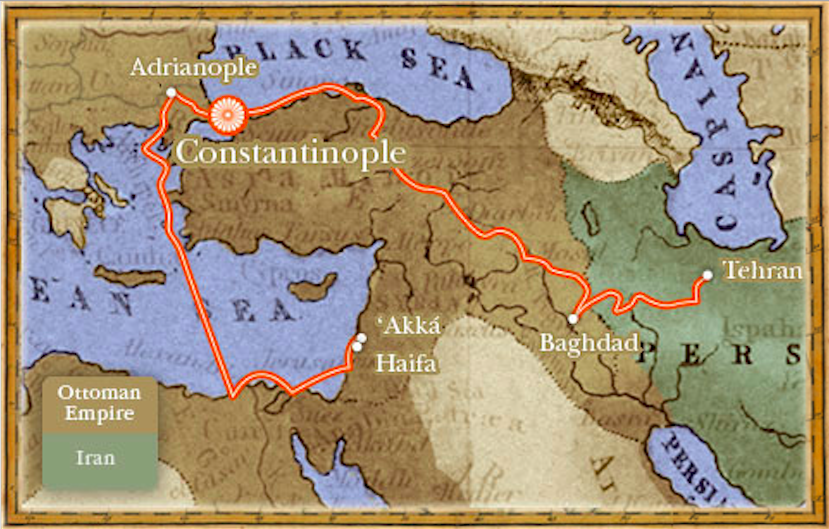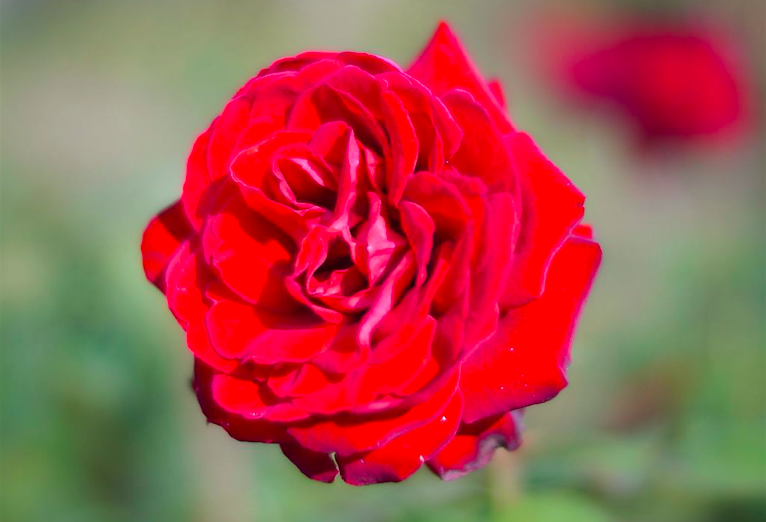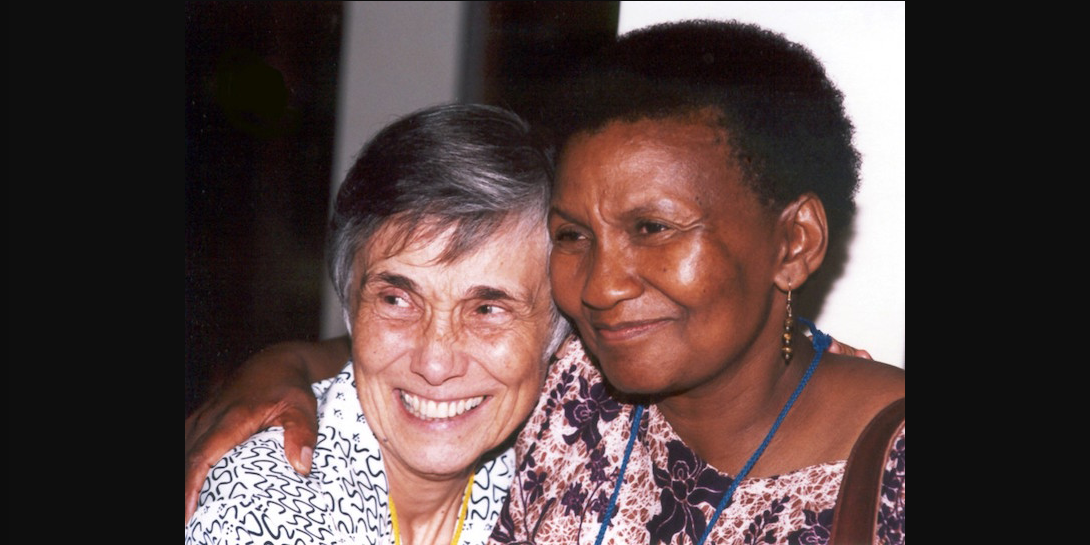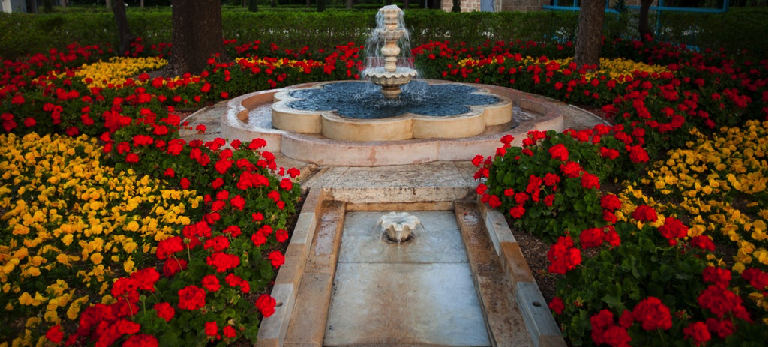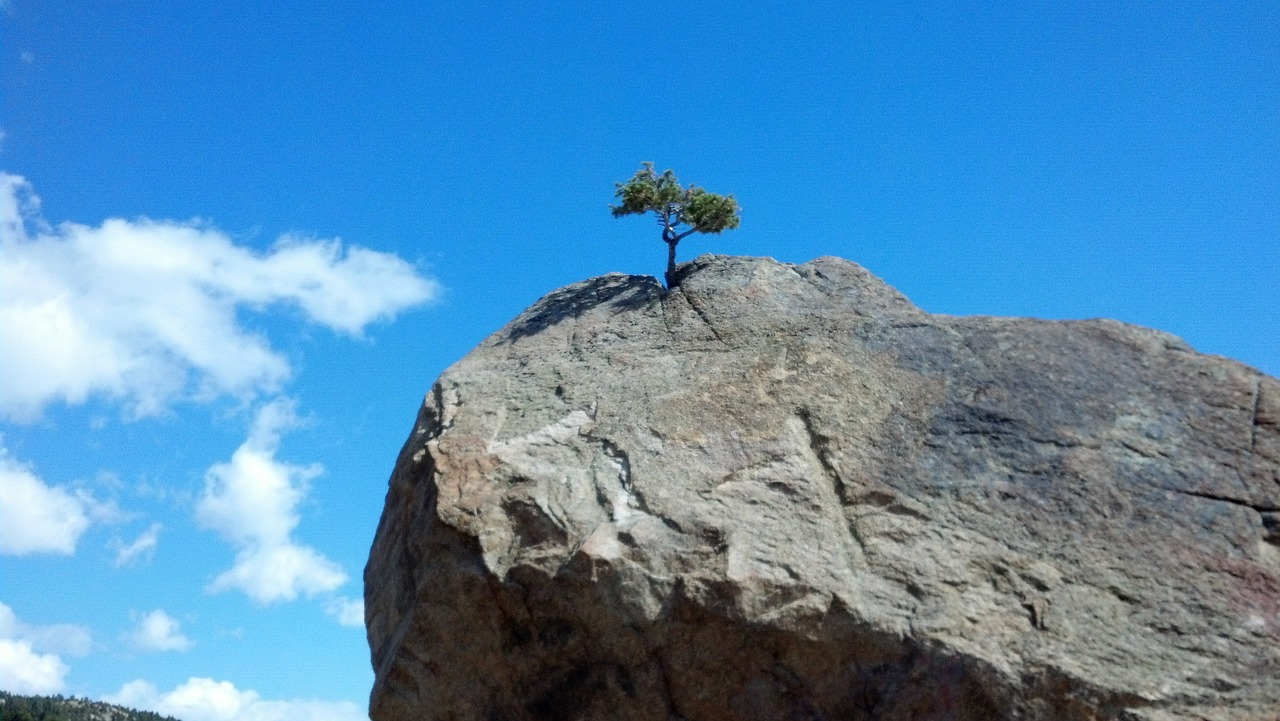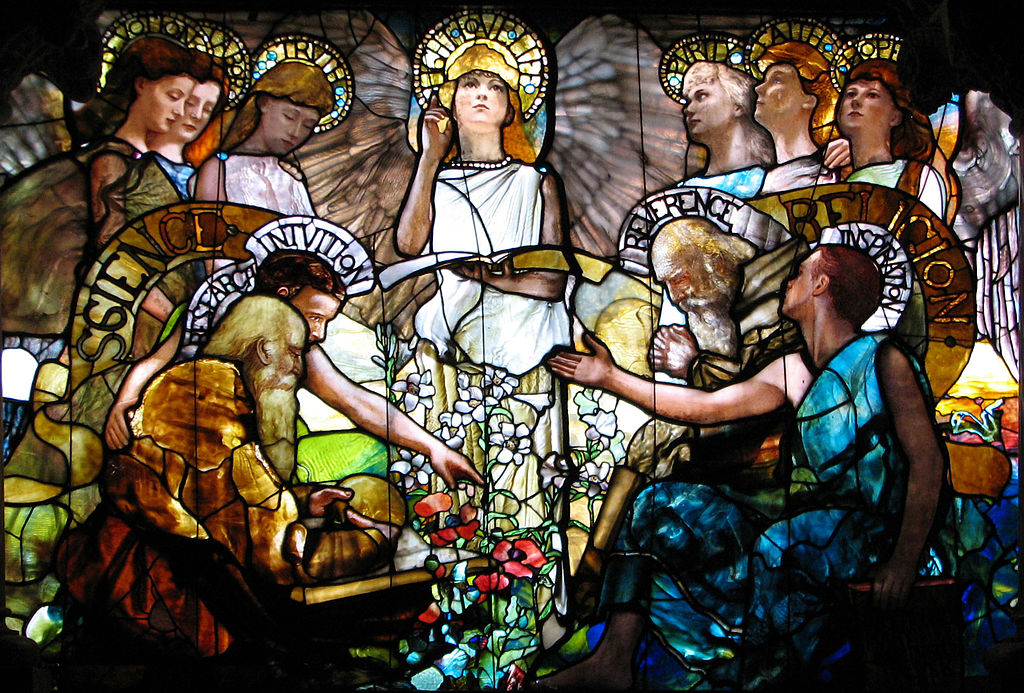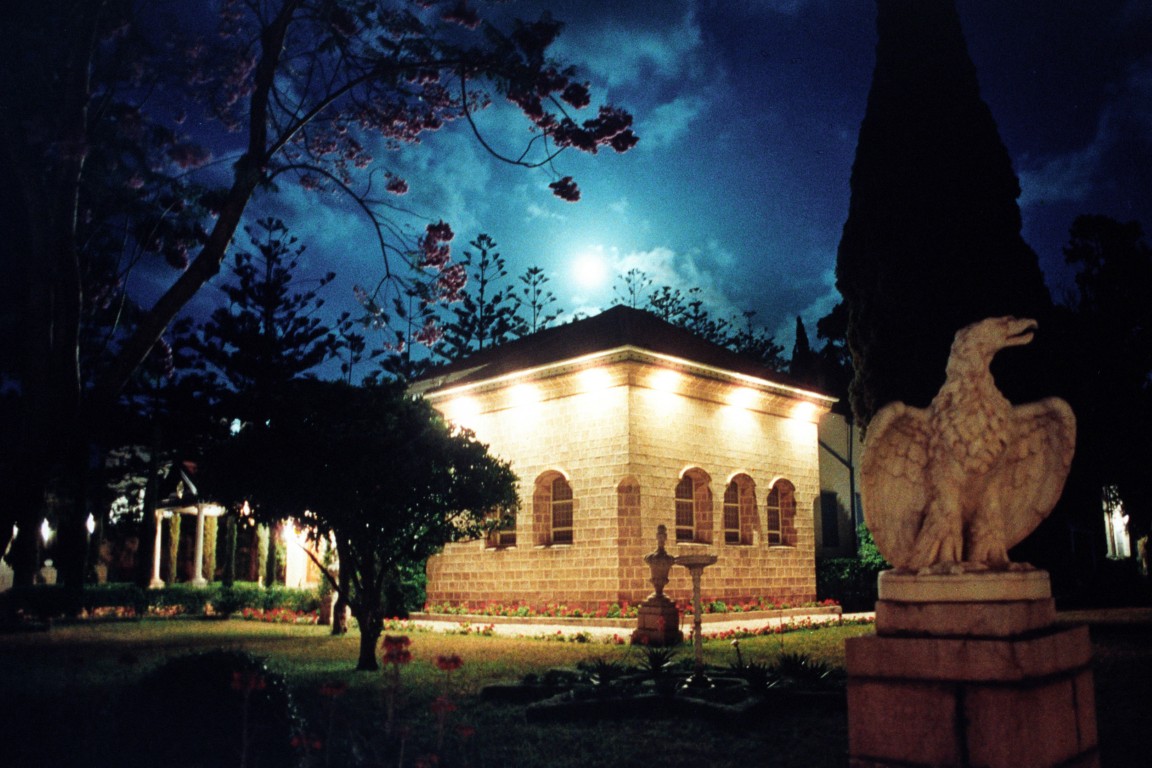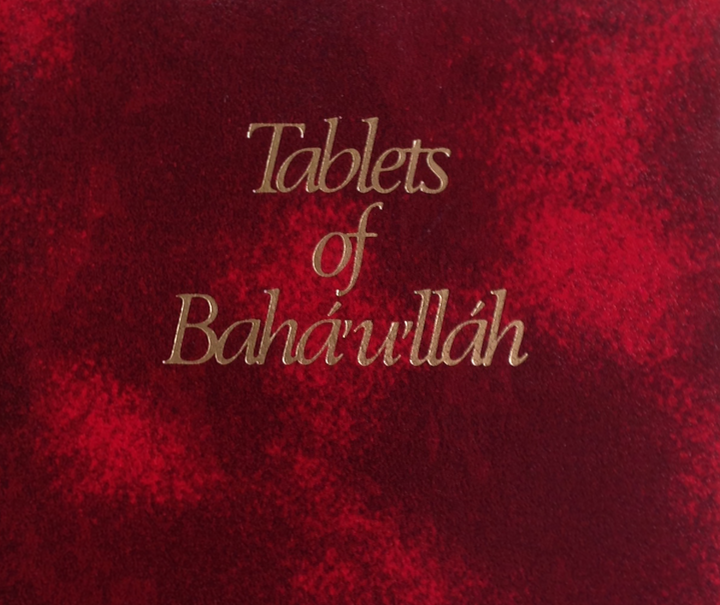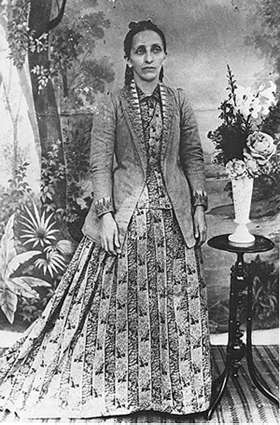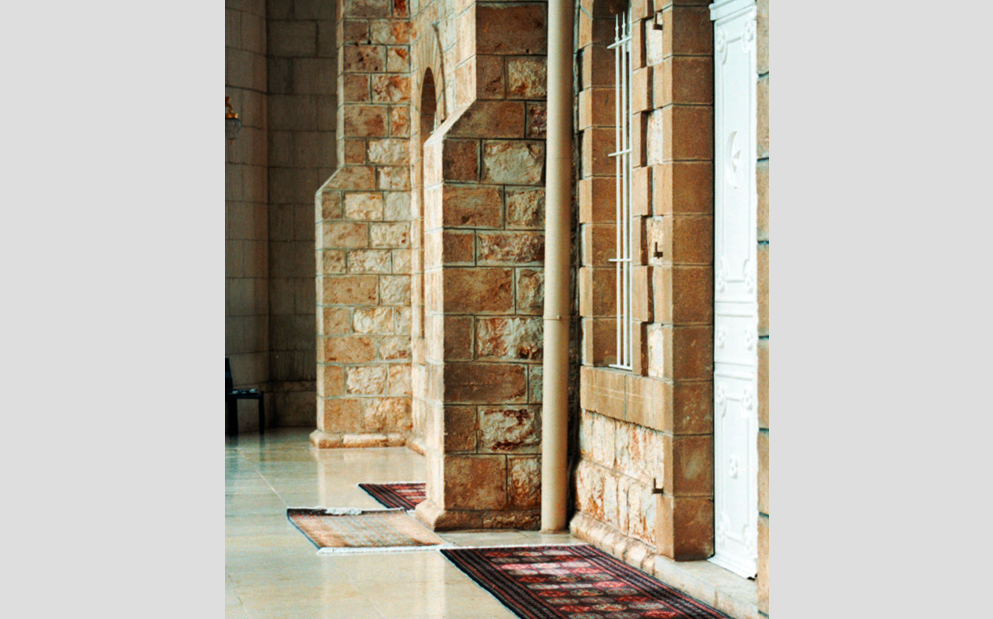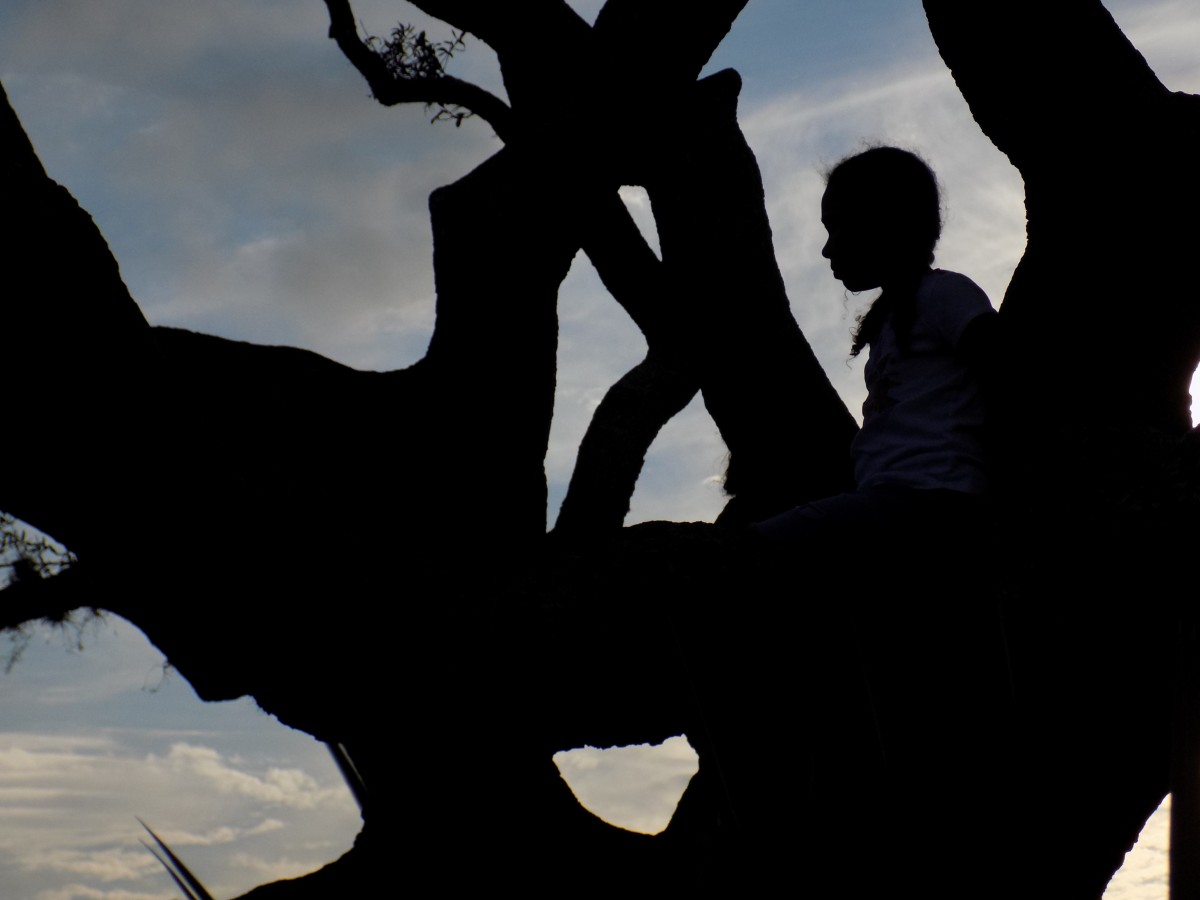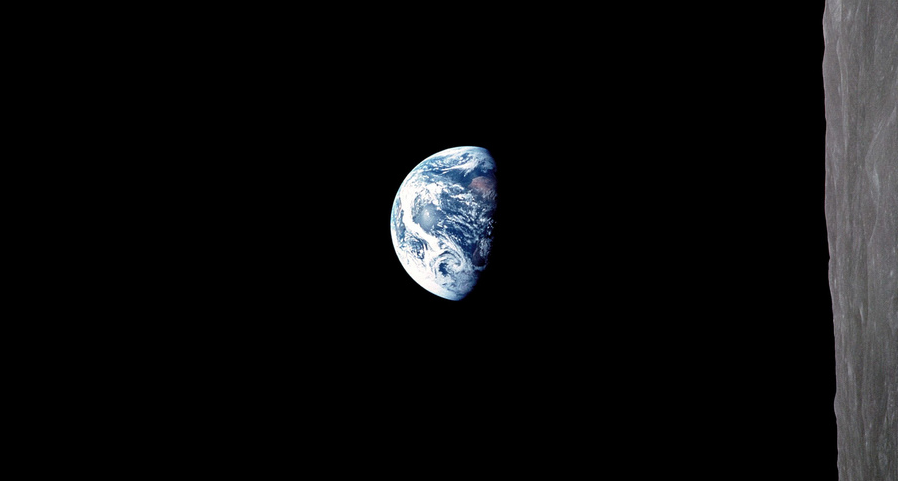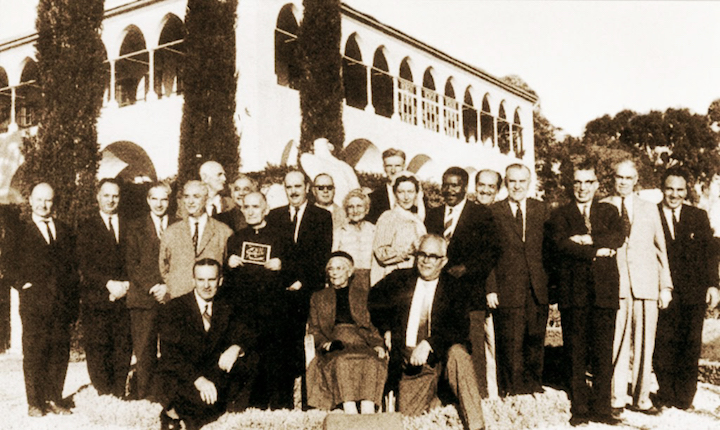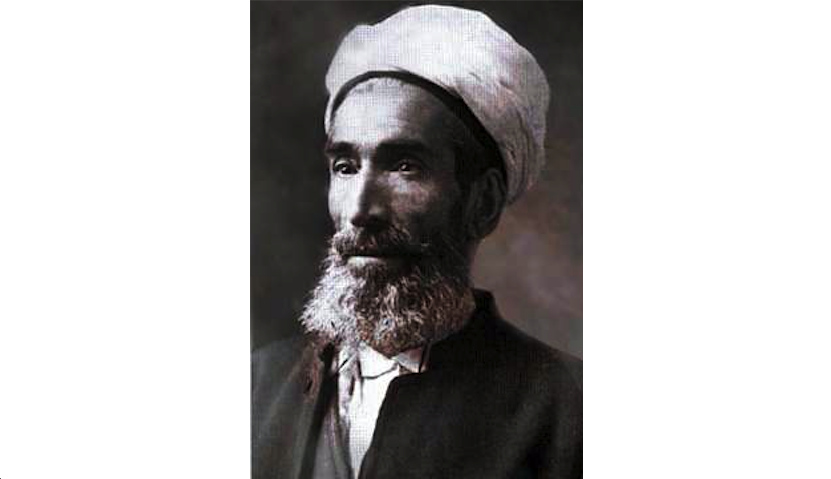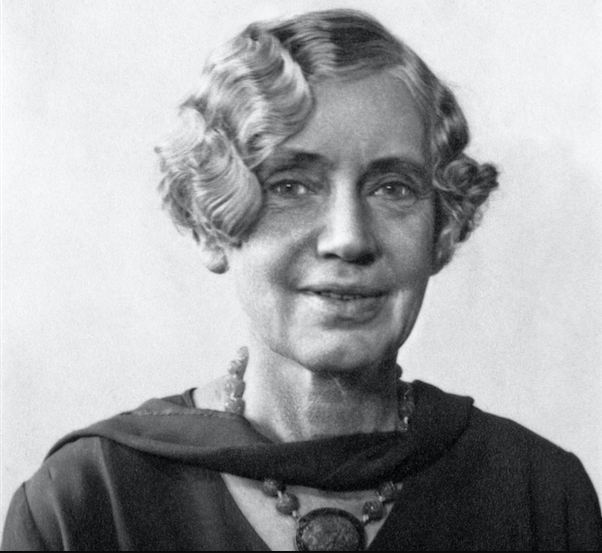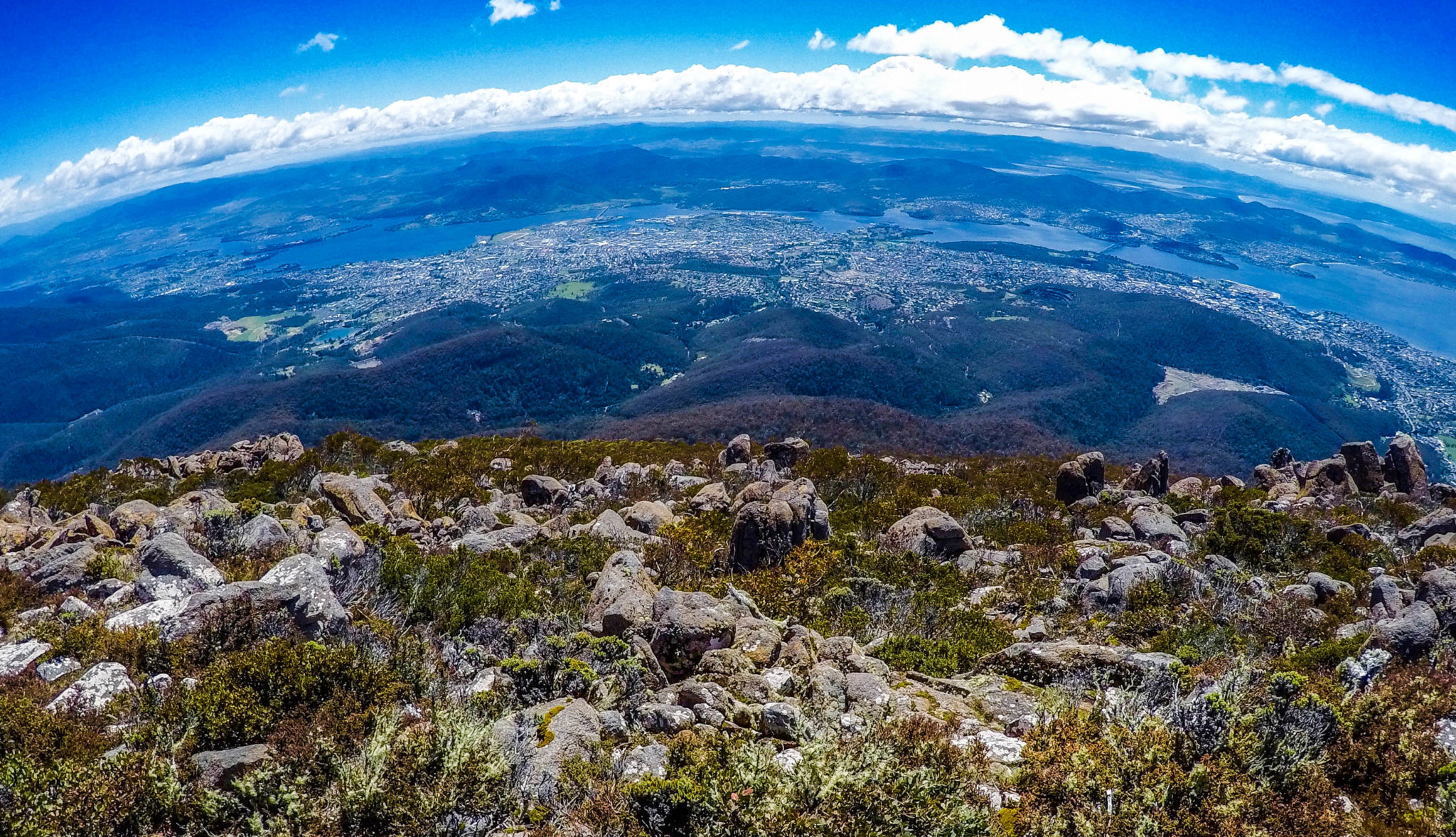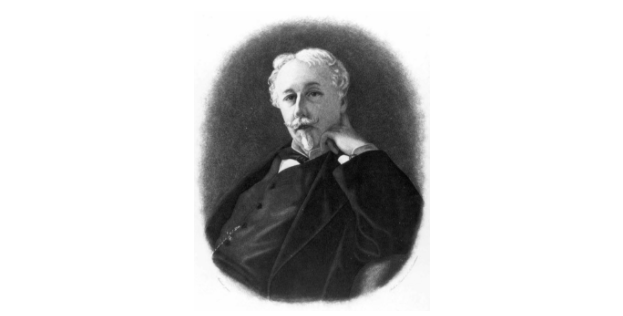-
Before the Dawn: The Bab – Prophet Herald
Several times we’ve encountered mention of the Bab – the prophet-herald of Baha’u’llah. Here, is a little of the story of the time that preceded Baha’u’llah, as told in Nabil’s Narrative. The time before the dawn. Mulla Husayn, a young seminarian, was undertaking a search. He was carrying out the last wishes of his spiritual teacher who had passed away not long before. Before his death, this teacher had instructed Mulla Husayn and his fellow students to disperse and search for the new messenger of God. For this was the time foretold – the time of the return. The time when the ancient promises of sacred writings would be fulfilled. They would find that messenger if…
-
Work is Worship
Among Bahá’u’lláh’s Glad Tidings is one directed to what we spend most of our waking time doing: working. Often, in the past “sacred” has been taken to imply set apart. A special caste was concerned with the administration of the sacred. The ordinary day to day activities of life were not sacred. Bahá’u’lláh overturns this separation. Work is worship. It is enjoined upon every one of you to engage in some form of occupation, such as crafts, trades and the like. We have graciously exalted your engagement in such work to the rank of worship unto God, the True One. … Waste not your time in idleness and sloth. Occupy yourselves with that which profiteth yourselves and…
-
Adam and the Rainbow Serpent
In ancient biblical lore Adam is the first human and the creation story of Adam and Eve is well-known. Adam and Eve are cast as responsible for the “fall of man” through their disobedience in eating from tree of good and evil. This story is regarded as a metaphorical rather than literal in the Baha’i teachings.[1] In the Qur’an, Adam and Eve also appear, but the story is told differently. In Islam, Adam is regarded as the first prophet, not just the first man. Adam’s disobedience, as it is told in the Qur’an, however, does not condemn humanity. There is no doctrine of original sin. God forgives Adam. As an aside,…
-
Into the Prison City: Suffering of the Prophets
Yesterday we read Bahá’u’lláh’s good news. Yet Bahá’u’lláh’s own life was full of suffering. “O the misery of men! No Messenger cometh unto them but they laugh Him to scorn.” …“Each nation hath plotted darkly against their Messenger to lay violent hold on Him, and disputed with vain words to invalidate the truth.”[1] Bahá’u’lláh was exiled from place to place at the whim of absolute rulers who held his life and that of his loved ones in their hands. I have been, most of the days of My life, even as a slave, sitting under a sword hanging on a thread, knowing not whether it would fall soon or late upon him.…
-
Good News — Bahá’u’lláh’s Glad Tidings
Good news — glad tidings or “gospel”, to use an old English word. In Arabic, “bisharat”. Bahá’u’lláh’s Glad Tidings are a short collection of teachings concerned with reform of the world. They are addressed to all human beings. Bahá’u’lláh notes the abolition of the following as key consequences of his Glad Tidings. The abolition of holy war, destruction of books, the ban on association and companionship with other peoples and on reading certain books. There are 15 Glad Tidings. The following is a brief summary of some of them, sometimes accompanied by a personal reflection. Of course it is best to refer to the Glad Tidings themselves. The first glad tiding is the…
-
Harmony of Science and Religion — Dispelling Superstition
“Among … principles of Bahá’u’lláh’s teachings was the harmony of science and religion.” With words such as these ‘Abdu’l-Bahá introduces us to another core principle he identifies in Bahá’u’lláh’s teachings and thought. But what does this principle mean and how does it relate to the quite fractious debates that emerge from time to time in society? ‘Abdu’l-Bahá goes further: Religion must stand the analysis of reason. It must agree with scientific fact and proof so that science will sanction religion and religion fortify science. Both are indissolubly welded and joined in reality. If statements and teachings of religion are found to be unreasonable and contrary to science, they are outcomes…
-
Oneness of Humanity: A Sense of Community and a Glass of Water — the Baha’i Feast
In Bahá’u’lláh’s teachings, the oneness of humanity is nurtured through an interconnected network of concepts that address human unity at many levels. Among those concepts is the simple action of gathering together. The concept is found in the call of followers of different religions to associate together in friendship. It is also found in the Baha’i Feast. … it is enjoined upon you to offer a feast, once in every month, though only water be served; for God hath purposed to bind hearts together, albeit through both earthly and heavenly means.[1] This concept has been elaborated over time to form the Baha’i institution known as the Nineteen Day Feast, held…
-
Oneness of Humanity — Reconstruction and Demilitarisation of the Entire World
When you say you believe in the oneness of humanity, sometimes people think you are making a “motherhood and apple pie” statement. “Let’s all love each other”. It’s true that in one sense that’s exactly what it means. But it also implies far more. Shoghi Effendi, Bahá’u’lláh’s great-grandson, in the 1930’s and in the lead up to World War II, provided an analysis of the implications of this principle. Let there be no mistake. The principle of the Oneness of Mankind — the pivot round which all the teachings of Bahá’u’lláh revolve — is no mere outburst of ignorant emotionalism or an expression of vague and pious hope…. It calls…
-
Martha Root — An Astonishing Life
Today I am at a Baha’i meeting, and I want to say thank you for the blessing of having such times in my life. To each and every soul who helps to make so many of those gatherings a veritable corner of paradise — thank you. This morning we are reflecting on the life of Martha Root, a woman whose life was inspired and transformed by Bahá’u’lláh. We will be reading about her life as introduced on the website bahaiteachings.org. I hope you can join us in spirit and read along. In one of his earlier works, the Hidden Words, Bahá’u’lláh observes that “words are the property of all alike” and that “guidance hath ever been given…


